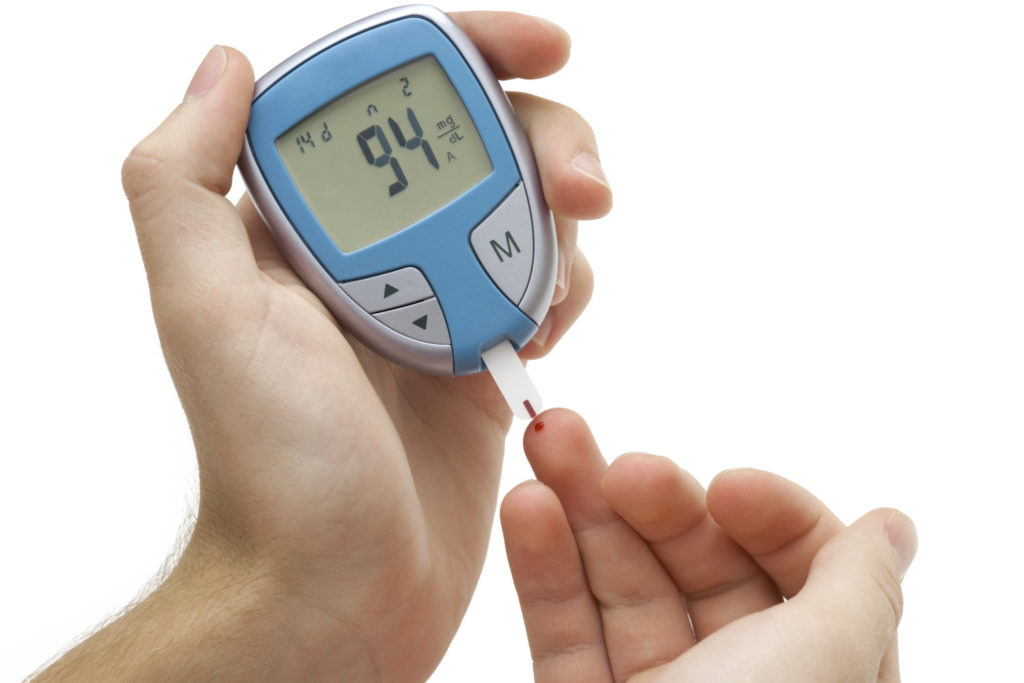
All expectant mothers are required to get tested for gestational diabetes during their pregnancy. Expecting mothers over the age of 35, either over weight or have a family history of diabetes must be tested more frequently.
Gestational diabetes also called as glucose intolerance or carbohydrate intolerance, is a temporary form of diabetes in which the body does not produce adequate amounts of insulin to regulate sugar during pregnancy.
Symptoms of gestational diabetes include:
Studies show that approximately 2-5% of pregnant women develop gestational diabetes and 7-9% of mothers are more likely to have risk factors. The screening for gestational diabetes is usually done between your 24th and 28th week of pregnancy, because the placenta produces large amounts of hormones that cause insulin resistance. If the results indicate elevated levels, further testing will be needed to confirm a gestational diabetes diagnosis.
During your prenatal visit, your doctor may provide you a sweet liquid to drink which may cause you to feel a bit nauseous. The results will indicate whether you produce enough insulin or not.

The primary step to treat gestational diabetes is to control the blood sugar levels.
The steps that must be taken to maintain healthy blood sugar levels:
If gestational diabetes is diagnosed and treated effectively, it causes only less complications. In such cases, women give birth to healthy babies and the diabetes may disappear after delivery.
However, if gestational diabetes left untreated, it may cause certain effects on the mother and baby including:
It is also necessary that one must monitor the signs of diabetes even after giving birth.
These symptoms include:
Test must be continued even after delivery to make sure that the blood sugar levels have returned back to normal. Keep in mind that women who have gestational diabetes is at an increased risk for developing overt (Type II) diabetes in future.
It is the most powerful creation to have life growing inside of you.There is no bigger gift